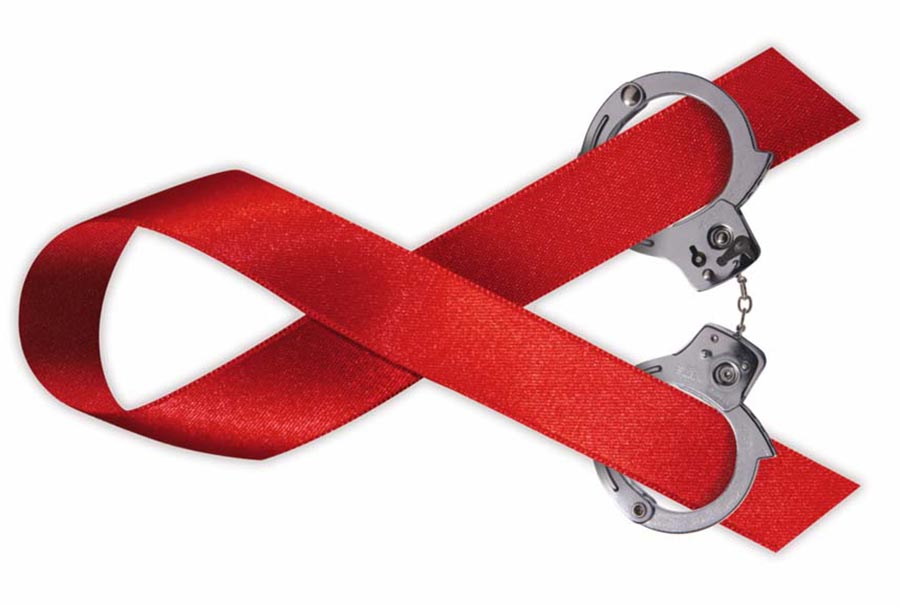Plans by the government to decriminalise HIV transmission has been met with mixed feelings with some activists calling for citizen responsibility in ensuring one does not deliberately infect the next person.
This comes at a time when Justice Minister Ziyambi Ziyambi told Parliament last week Wednesday that government was working on revoking the law which criminalises HIV/AIDS transmission as a move in line with the international community.
Section 79 (1) of the Criminal Codification and Reform Act on deliberate transmission of HIV reads: “Any person who knows that he or she is infected with HIV, or realising that there is a real risk or possibility that he or she is infected with HIV, intentionally does anything or permits the doing of anything which he or she realises involves a real risk or possibility of infecting another person with HIV, shall be guilty of deliberate transmission of HIV, whether or not he or she is married to that other person and shall be liable to imprisonment for a period not exceeding twenty years.”
Organisations that lobby for HIV/AIDS awareness are not enthusiastic about the government’s move as they think it might lead to more infections.
“When the act of knowingly infecting an individual was criminalised it gave people a sense of responsibility as they feared to be imprisoned,” said an official from the Matabeleland Aids Council who spoke on condition of anonymity.
“But with this act being decriminalised, it will not help curb the risk of spreading HIV.”
She added that most married people will be at risk as they won’t have any legal recourse if their spouses deliberately infect them with HIV.
“Married women are also at risk as they won’t be having any legal recourse, to report when their spouses infect them with the virus.”
The National AIDS Council (NAC) Bulawayo provincial manager, Sinatra Nyathi said parliament should promote better behaviour among individuals.
“We should continue raising awareness on the dangers of knowingly infecting an individual because it is our social responsibility,” said Nyathi.
“It is not a matter of criminalising or decriminalising HIV transmission but we should work towards the goal of ending HIV/AIDS as a public threat by 2030.”
Nyathi said there are other issues that circle around HIV/AIDS and society should take heed of these issues as well.
“We should also focus on STI’s and unwanted pregnancies because these are the other factors that encompass being infected with HIV,” said Nyathi.
Zimbabwe is one of four countries in Africa including Benin, Kenya, and Nigeria that still has laws which criminalise HIV and Aids.

